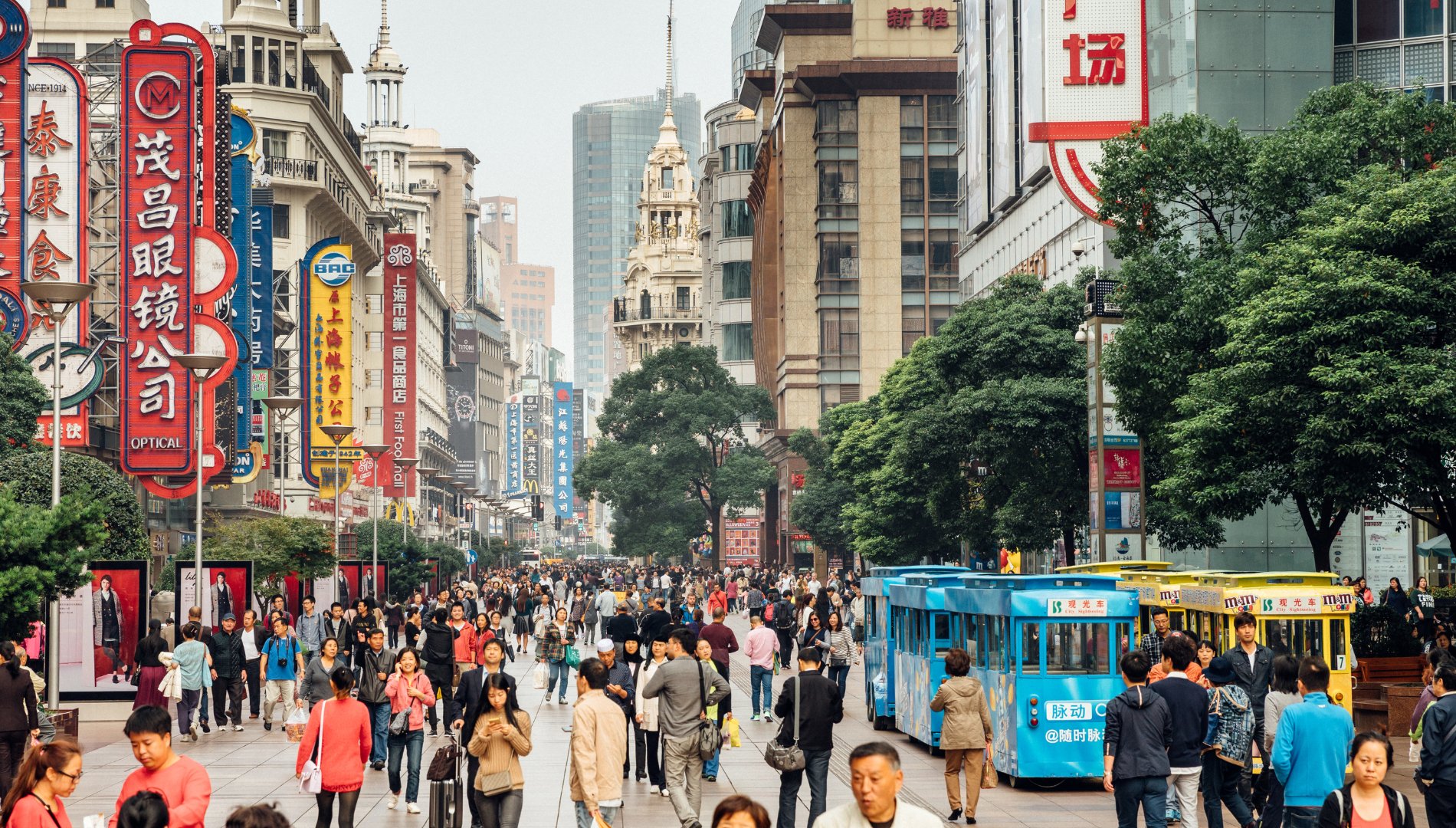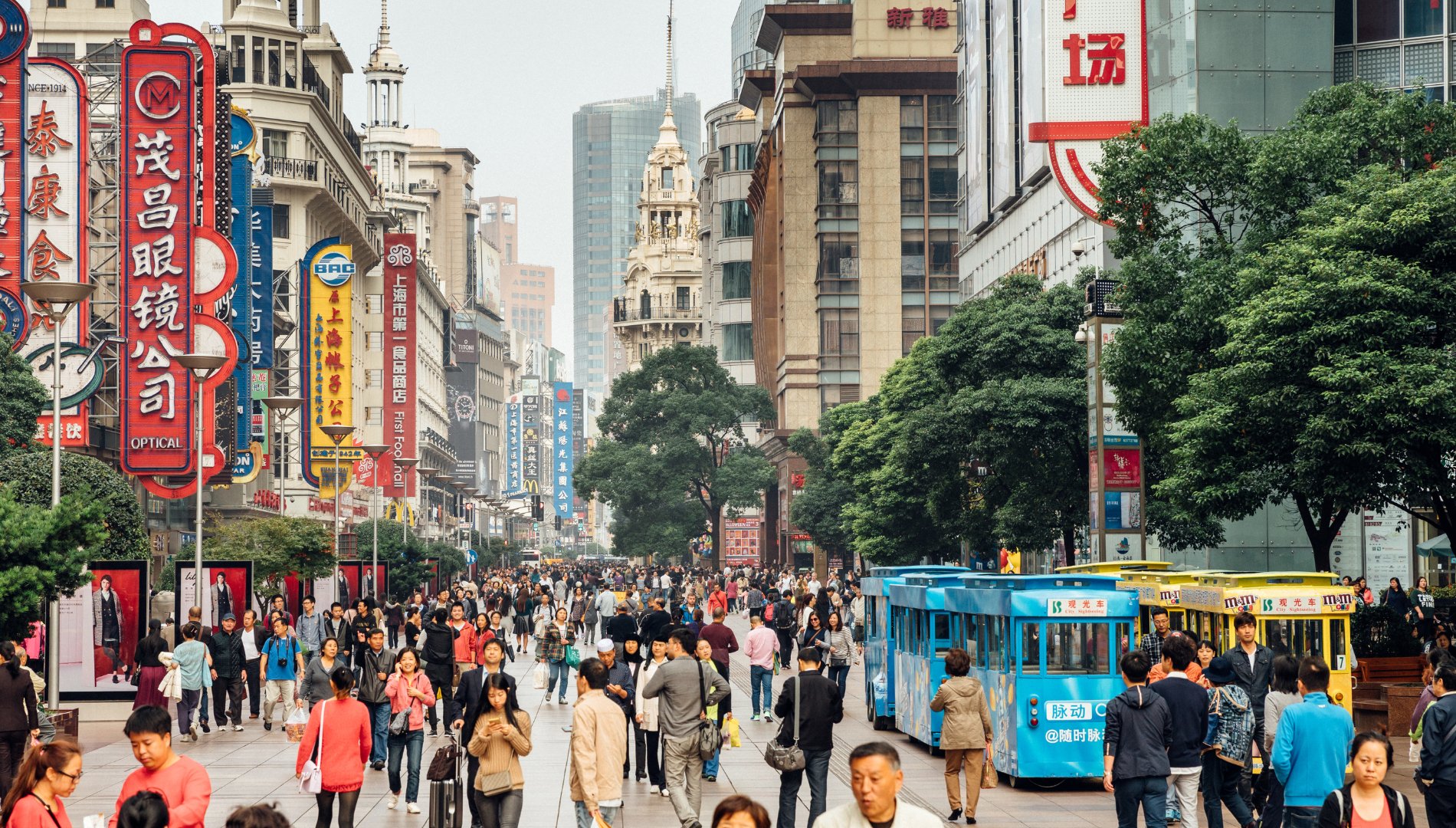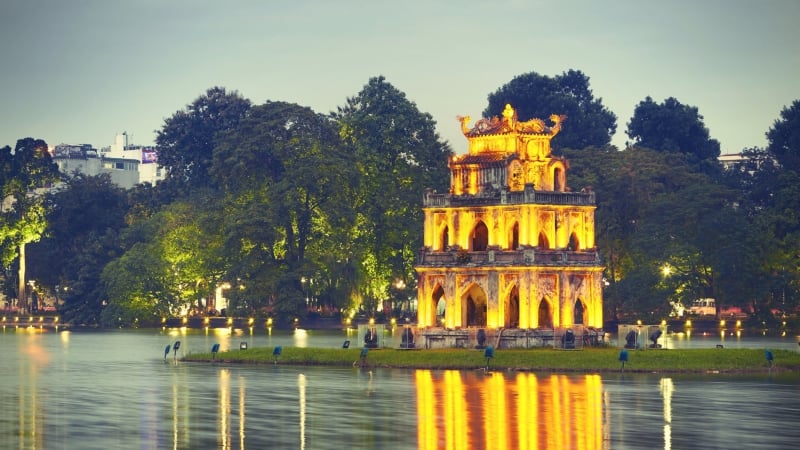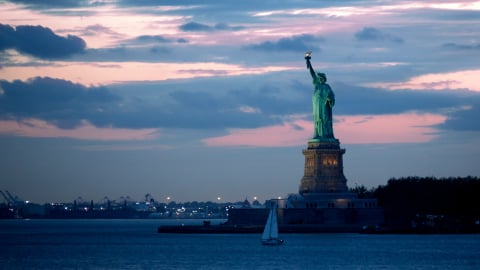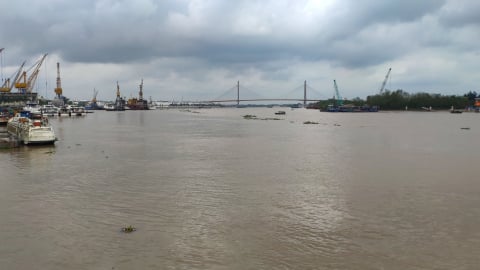Amidst the sweltering summer heat sweeping across many regions, Chinese people are embracing a vibrant new trend: nighttime travel. Instead of flocking to attractions under the scorching sun, millions are choosing to explore cities, historical sites, and scenic spots after sunset.
This dramatic shift not only provides a more pleasant experience for tourists but is also creating a powerful impetus, significantly contributing to economic growth and enriching socio-cultural life.
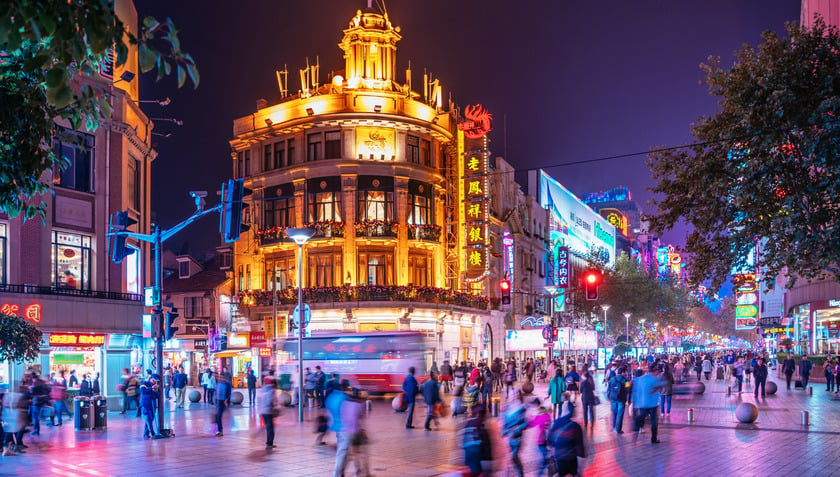
As extreme heat blankets many provinces and cities, Chinese people flock to tourist spots after sunset to escape the sweltering heat.
Intense heat is often a major obstacle to traditional daytime tourism. Recently, 28 areas in Henan and Shandong provinces issued red alerts, the most severe level, due to extreme heat. Temperatures in many parts of Qingdao reached 40.5 degrees Celsius, just 0.5 degrees Celsius below the record set there in 1961, according to the Qingdao Daily. This prolonged heatwave also put significant pressure on the national power grid as demand for air conditioners surged, with nationwide electricity consumption reaching a record 1.47 billion kilowatts on July 25, according to CCTV.
However, instead of giving up their passion for exploration, the Chinese people quickly adapted and created a new form of tourism. At Tianmen Mountain National Forest Park in Zhangjiajie (Hunan Province), one of the famous destinations, the 999 steps leading up to Tianmen Cave are brightly illuminated, transforming the entire mountain into a shimmering, magical spectacle at night. Mexican tourist Mauricio Olvera shared with Xinhua News Agency: "I came here in the afternoon to escape the heat, but I didn't expect the night view to be so amazing."
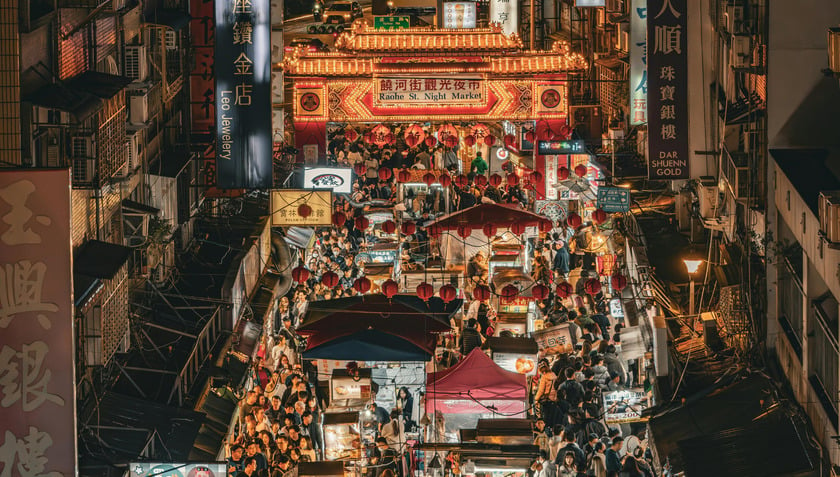
Nighttime tourism is booming, contributing to economic growth.
According to park employee Ding Yunjuan, most visitors arrive in the late afternoon, with many staying until 9 p.m. before descending the mountain under the moonlight. To meet this growing demand, "the park organizes evening light shows to highlight the scenic beauty," Ding said. Since the beginning of the summer vacation, the park has welcomed over 20,000 visitors daily, with night tours becoming a particularly attractive feature.
The boom in nighttime tourism is creating a significant boost for the Chinese economy. As early as January, the State Council issued a document calling for the expansion of nighttime cultural and tourism activities, demonstrating the government's strategic vision. According to the Chinese Ministry of Commerce, 60% of consumer spending occurs in the evening, while average spending on nighttime tourism is more than three times higher than during the day. By the end of 2024, the China Academy of Tourism estimates total domestic spending on nighttime tourism will reach approximately 1.91 trillion yuan (equivalent to $267 billion USD), confirming the enormous economic potential of this trend.
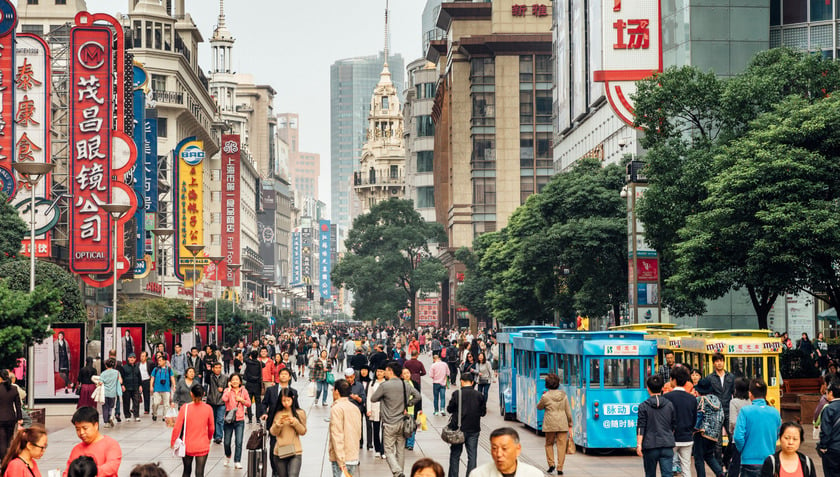
This trend makes cities and attractions come alive after sunset.
In China's "hotbeds" like Hunan province, night markets, light shows, and art performances have transformed cities into vibrant summer destinations. For example, at a theme park recreating Tang Dynasty culture near the more than 1,200-year-old Tongguan porcelain kiln ruins, activities like fireworks, street food, and live music attract large crowds after dark. The park stays open until midnight, allowing visitors to enjoy spicy lobster, participate in beer-drinking contests, and learn about unique intangible cultural heritage. Zhang Ning, the park's deputy general manager, said nighttime visitor numbers have increased by nearly 20% since the beginning of July, an impressive figure.
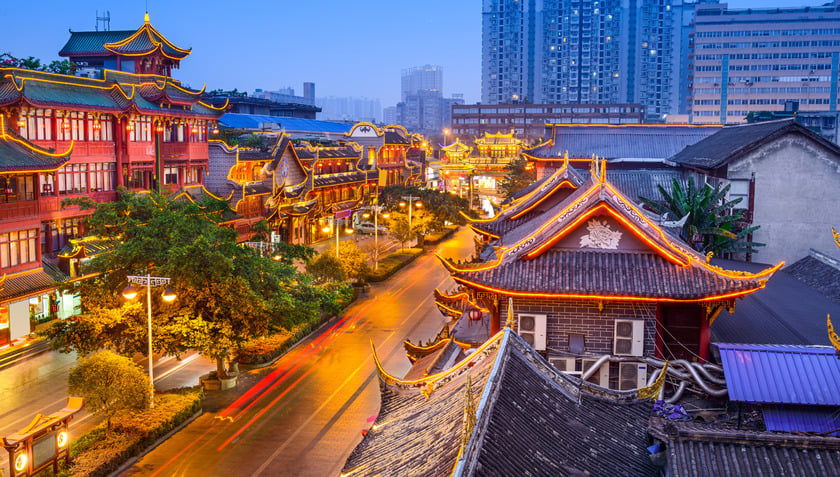
Places like Tianmen Mountain and cultural parks are being invested in with lighting and nighttime events, confirming that night tourism is a new growth engine, helping China adapt and develop in the face of climate change.
Night tourism is not just a temporary solution to "escape" the heat, but has become a sustainable trend, reflecting the dynamism and adaptability of China's tourism industry. This development promises to continue to be an important driving force, contributing to the diversification of tourism products and promoting stronger economic growth in the country in the future.

 VI
VI EN
EN



